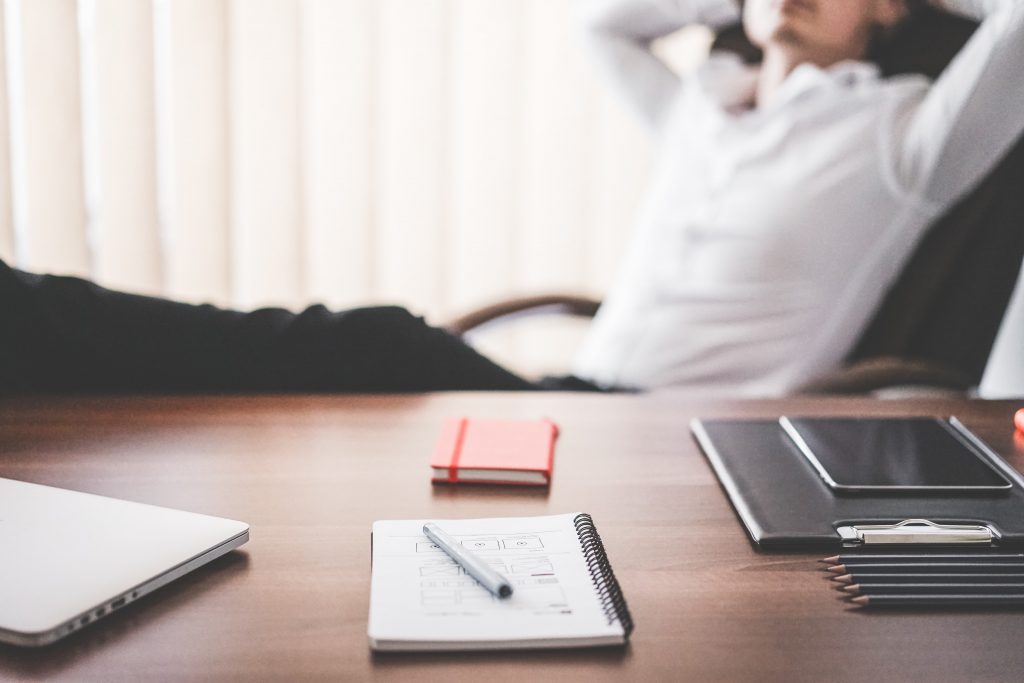You’re weird if you’re not busy with anything, work-related or not.
Our minds are constantly processing information and analyzing problems, eyes glued to our computer screens or smartphones for e-mails and updating social media accounts. After exhausting the hell out of the three apps we’ve been switching on for hours, we think of next things to do. We’re addicts for restlessness, and somehow, we’ve tricked ourselves into thinking that it’s a demand of life.
It’s not inherently bad to be busy and distracted but there are some harmful consequences we may be overlooking. Because we’re, well, busy. Some of our qualities suffer like creativity.
Santa Barbara psychology professor Jonathan Schooler and psychology researcher Jonathan Smallwood in their research says that people are more creative after letting their minds leisurely wander.
Stanford Science Director and author Emma Seppälä also wrote in an article that “the biggest breakthrough ideas often come from relaxation.”

Many famous inventors were in the state of idleness when they came up with novel ideas. One’s Nikola Tesla, who was watching the sunset in 1881 with a college friend, when thought of rotating magnetic fields, which led to the development of today’s alternating current electrical mechanism. Albert Einstein even turned to Mozart for some inspiration.
People also do better “if they work on an easy task that promotes mind-wandering, and then go back to the more difficult one,” according to Schooler and Smallwood.
“The idea is to balance linear thinking—which requires intense focus—with creative thinking, which is borne out of idleness. Switching between the two modes seems to be the optimal way to do good, inventive work,” Seppälä also says.
Being idle can be in many forms. Here are some that you can easily do.
Take long walks and make it part of your daily routine
There’s a study that says “walking opens up the free flow of ideas.” Try getting into it by opting for a walk over riding your car when traversing short distances or walking into parks at night after work. You can also try walking in forests every once in a while.
Balance doing challenging and easy activities
Wharton School professor and author Adam Grant swears by taking a time in the morning to organize your day this way. Alternating doing tasks with opposite levels of difficulty will give your brain a break and make space for big ideas.
Meditate
There are different ways to meditate. You can try doing it with your dog through mindfully walking with them, meditate in your kitchen through cooking or even slathering a face mask on.
Being busy doesn’t equate to being productive. Ultimately, it’s the quality of the results you’ve made through working that matters.
Header image courtesy of Unsplash
Related stories:
Boredom is essential to creativity
How to de-stress if you’re not Sharon Cuneta
Stress is not always the enemy